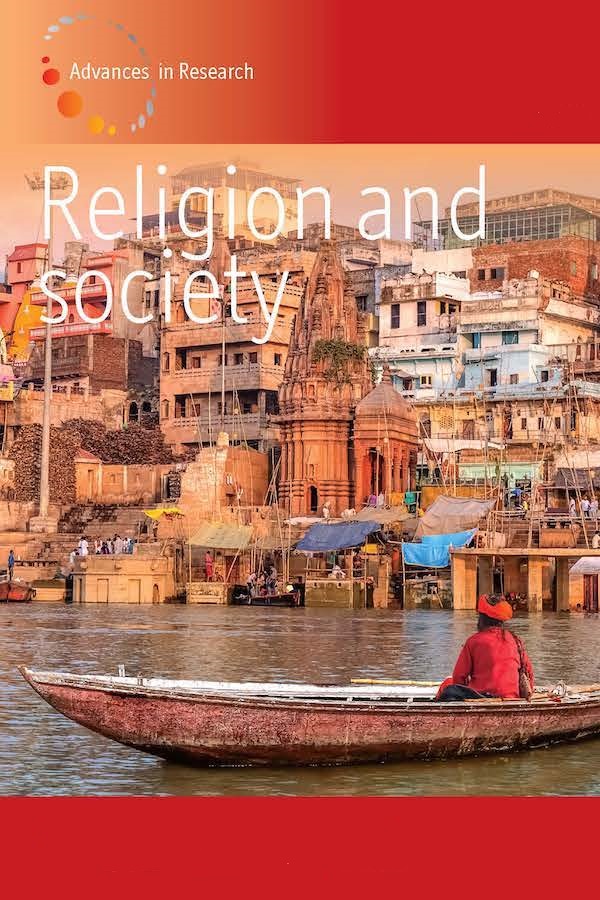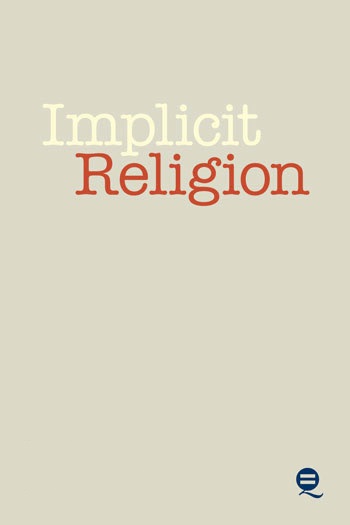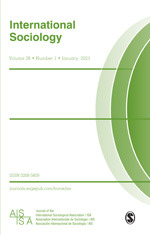
This critical review delves into Kevin Mazur’s latest publication, Revolution in Syria: Identity, Networks, and Repression (2021), which scrutinizes the transformation of a peaceful civil movement into a civil war characterized by ethnic divisions. The review offers a comprehensive assessment of Mazur’s approach to answering the pivotal question: How did the Syrian conflict evolve along ethnic lines? Spanning 306 pages, the book’s central premise revolves around the notion that the Syrian uprising’s evolution into an ethnicized conflict can be attributed to a confluence of factors, with the predominant catalyst being the ethnically exclusive nature of the incumbent political regime. Of particular interest in this review is the emphasis on the sectarian or ethnic perspective – a prominent lens used to analyse the political and societal landscapes of the Islamicate Arab world. Mazur’s ethno-sectarian perspective, commendably, avoids succumbing to primordial essentialism. However, this review contends that a critical appraisal is warranted regarding Mazur’s conceptualization of Syrians’ identities solely through religious, ethnic, or sectarian affiliations. Similarly, the presumption that these affiliations inherently explain attitudes towards both the ruling regime and the uprising against it raises valid concerns. One notable critique lies in the characterization of Syrians within Mazur’s narrative. Strikingly, absent are depictions of Syrians as a unified populace, individual actors or civic entities. This stems from the book’s classification framework, which hinges on two primary criteria: an ethnic-sectarian criterion and a local or regional one. This duality, while serving analytical purposes, potentially undermines the complexity and diversity inherent within Syrian society. In conclusion, this review acknowledges the significant contributions of Mazur’s book, recognizing its role in shedding light on the ethnicized trajectory of the Syrian conflict. Nonetheless, it urges cautious contemplation of the assumptions underpinning the ethnic-sectarian perspective. The book’s dual classification approach warrants critical consideration for its potential to oversimplify the multifaceted nature of Syrian identities. Thus, while appreciating the book’s value, this review underscores the need to acknowledge its limitations in fostering a comprehensive understanding of the Syrian conflict’s intricate dynamics.
Darwish, Housamedden. “From Peaceful Civil Movement to Civil War and Sectarian Polarization: A Critical Review of Kevin Mazur’s Revolution in Syria: Identity, Networks, and Repression.” International Sociology 14, no. 5 (2023): 552-561.


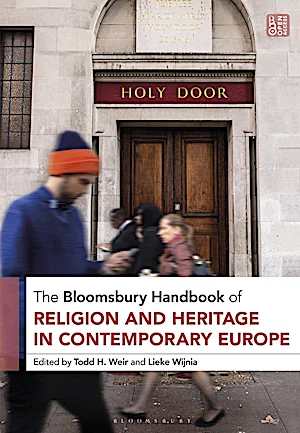
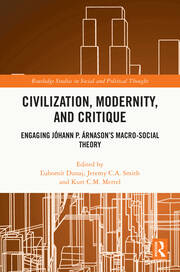
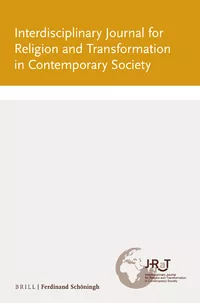
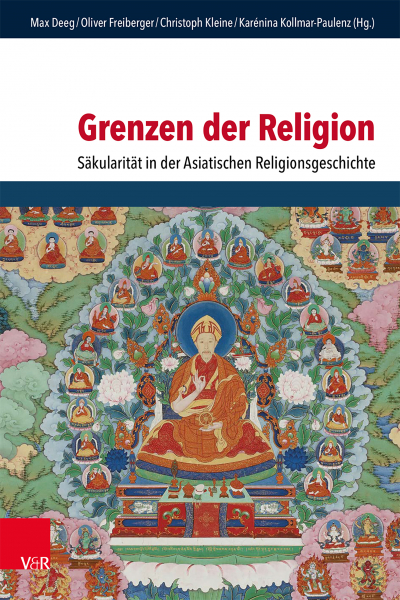

![Sadiq Jalal Al-Azm: From Hard Secularism to Soft Secularism [in arabic]](/media/maysaloon1011_2023.png)

